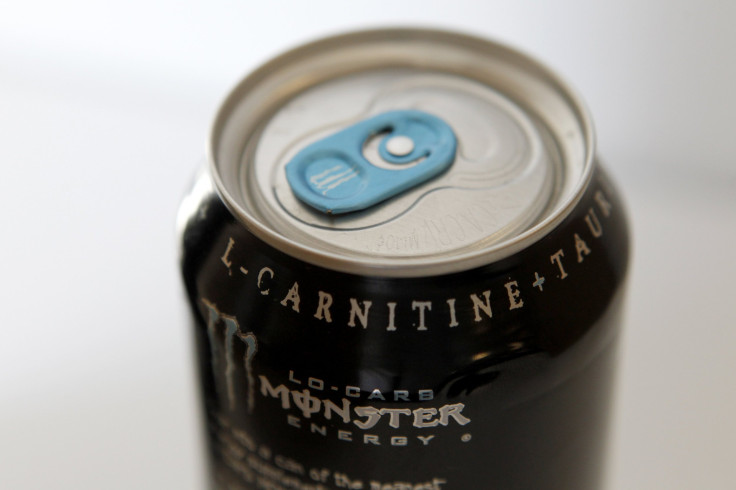Energy Drinks Contain More Than the Labeled Amount of Caffeine, Consumer Reports Says

Just how much caffeine does an energy drink contain? Consumer Reports says that in many energy drinks, the level is higher than expected.
Consumer Reports tested the amount of caffeine present in 27 drinks. The agency also found that energy drinks are usually displayed along with soft drinks and sometimes near checkout in stores.
They found that caffeine content per serving of an energy drink ranged anywhere from being around 6 milligrams per serving to a whopping 242 milligrams. An 8-ounce cup of coffee has about 100 milligrams and a 16-ounce Starbucks Grande has 330 milligrams. Most of the energy drinks tested came in containers that had more than one serving.
Eleven of the 27 drinks tested didn't specify the amount of caffeine. In those that did put the amount of caffeine on the label - Arizona Energy, Clif Shot Turbo Energy Gel, Nestlé Jamba, Sambazon Organic Amazon Energy, and Venom Energy - contained more caffeine than the claimed amount, and some of the drinks exceeded levels by 20 percent, Consumer report said.
Recently, the U.S. Food and Drug Administration had released reports of deaths of five people, as well as one heart attack that have been linked with the popular energy drink Monster. Few months back, 14-year-old Maryland teen died after drinking two 24-ounce Monster energy drinks in a period of about 24 hours.
The Monster energy drink doesn't state how much caffeine is present in the product. "There is no legal or commercial business requirement to do so. And because our products are completely safe, and the actual numbers are not meaningful to most consumers," a Monster Beverage official told Consumer Reports. However, many of its drinks carry labels that warn that children, pregnant or nursing women and those sensitive to caffeine shouldn't consume the energy drink.
Consumer Reports says that most healthy adults can drink up to 400 milligrams per day and pregnant women can drink some 200 milligrams per day. these drinks make people alert but at the same time excess consumption can lead to rapid pulse or abnormal heart rhythms, and raise blood pressure.
The ratings for the caffeine levels in the drinks and their price can be found here.



























